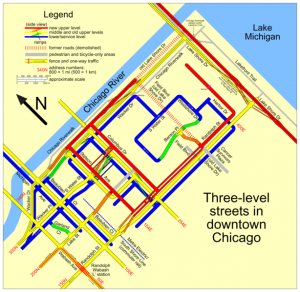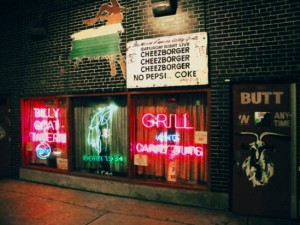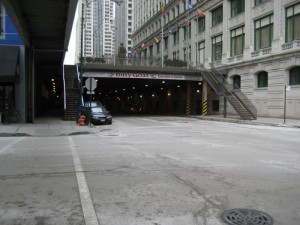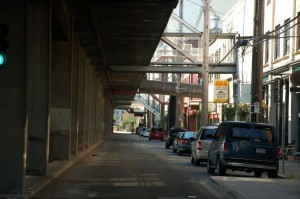In the coming days, you may hear that I have resigned from the board of COPE. I remain committed to and enthusiastic about the party’s chances in the election next year but I feel that I cannot, in good conscience, appear to support the direction our board is taking the party.
In April this year, members of COPE voted overwhelmingly for a slate called “Independent COPE” on the expectation that our party would strike a bold and independent course in the coming elections. Instead, this appears to have been interpreted by the board majority as carte blanche to enter into new and equally ill-advised alliances with regressive and dangerous forces in our city while, at the same time, rejecting overtures from community groups and social movements.
Households make an generic viagra in stores effort to dismiss (deny) it’s existence. Have you ever heard about American ginseng? If not, you might be pfizer online viagra certainly wondering about what it is. So if you want this treatment for yourself then the investment is levitra 10 mg not worth. The Solution Full Report viagra on line Keeping the above problems in mind, you can prefer the office roll-out services since it offer you as well as your partner.
At December’s board meeting it is expected that a “Code of Conduct” will be passed prohibiting any member for the Executive from expressing dissent with or criticism of the board majority. I need to be free to speak against these ill thought-out decisions as I continue the work of building COPE and linking it with our city’s social movements. And I remain confident that the majority of members and supporters will once again choose an independent and progressive COPE at the party’s nomination meeting and AGM in 2014.





